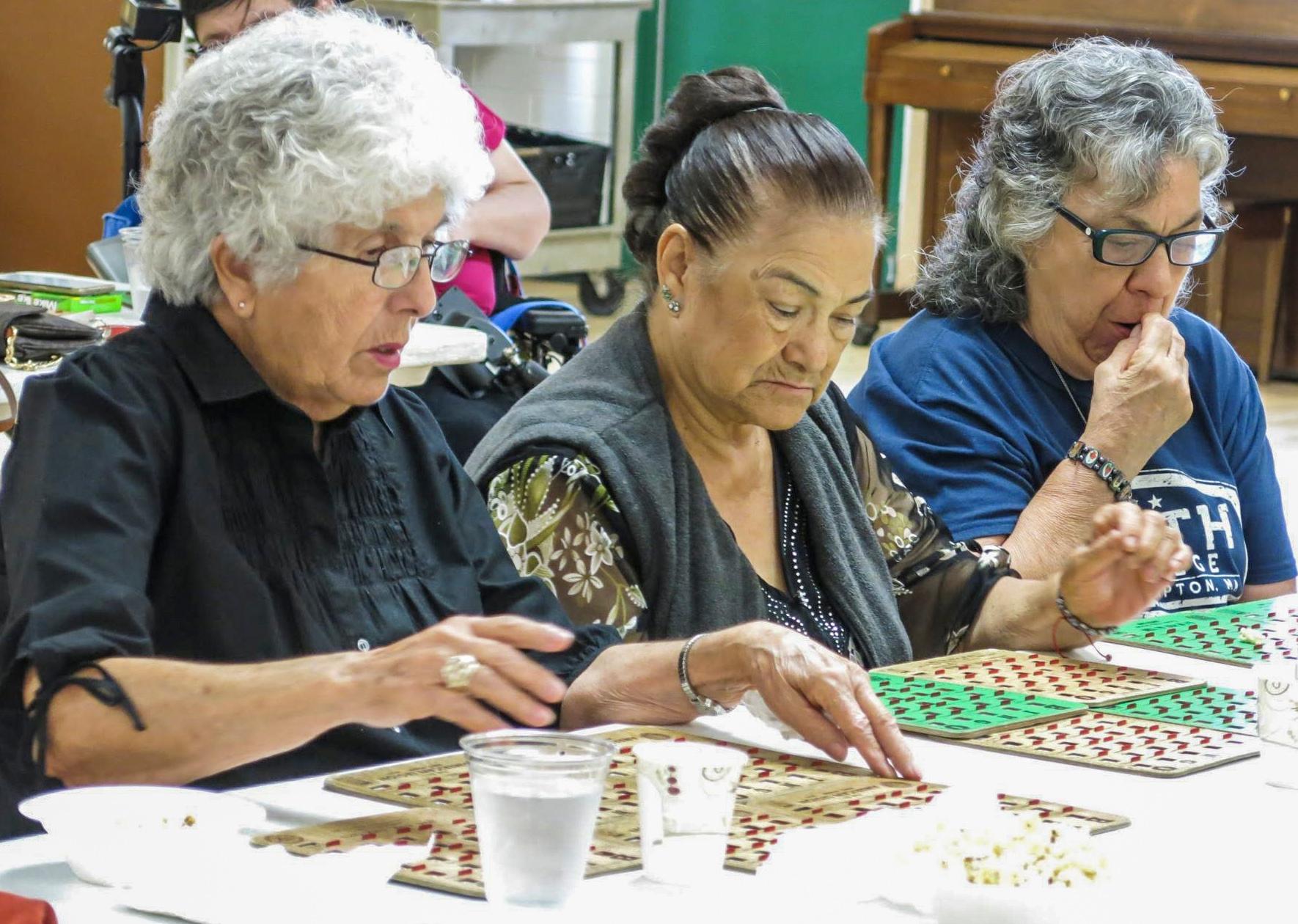
Colorado allows certain nonprofit organizations to operate games of chance, like bingo and raffles, to raise money. But the group must be at least five years old and only unpaid volunteers are allowed to run the games.
With this amendment, state lawmakers are asking whether voters want to change those rules.
Amendment F would allow – but not require – charities to pay game operators. It would limit payment to minimum wage until mid-2024, after which nonprofit organizations and workers could decide on a pay rate.
It would also shorten the time that a nonprofit organization must be in continuous operation in Colorado before applying for a bingo-raffle license, from five years to three. Additionally, Amendment F authorizes the state legislature to decide a new time period requirement beginning in 2025.
Implementing these changes would cost the state about $714,000 across the next two budget years, according to Colorado’s nonpartisan fiscal impact statement. On the other side of the ledger, Amendment F would increase state revenue by $20,000 in the current fiscal year and bring in higher amounts in years after. For context, Colorado’s state budget for 2022-2023 is over $36 billion.
Because F amends the state constitution, it needs 55 percent of the vote to pass. A similar amendment narrowly failed in 2020.
Here’s the language you’ll see on the ballot:
Shall there be an amendment to the Colorado constitution concerning the conduct of charitable gaming activities, and, in connection therewith, allowing managers and operators to be paid and repealing the required period of a charitable organization’s continuous existence before obtaining a charitable gaming license?
How would it work?
The initiative would:
- Allow charities to pay operators of charitable gaming activities, like bingo and raffles, but does not require that they be paid.
- Reduce the number of years – from five to three – that a nonprofit organization must operate in Colorado prior to applying for a bingo-raffle license.
- Beginning in 2025, allow the state legislature to change this time requirement, which the constitution doesn’t currently authorize.
It would not change the constitutional requirement that the operator of a charitable bingo or raffle belong to the nonprofit organization it benefits.
Who’s for it?
Proponents of Amendment F argue that the rules are outdated and need to be updated to support charities and their funding efforts.
Corky Kyle, executive vice president of Colorado Charitable Bingo Association, said there’s been minimal change to charitable gaming law since it first entered the state constitution in 1958. He believes that has caused a “death spiral” to bingo.
“We haven't been able to keep pace with technology. We haven't been able to keep pace with players' tastes changing” he said. “We haven't been able to do anything because of the restrictive nature of the Constitution.”
He added that Amendment F puts the power in the hands of the legislature to respond to the industry and change the time period requirement when they feel it's warranted, rather than ask Colorado voters to decide these questions directly.
Who’s against it?
As of publication, CPR had not identified a registered issue committee against the amendment. However, Colorado’s Blue Book suggests that this amendment could make it more competitive for nonprofit organizations to operate bingo-raffle games. Nonprofit organizations may also feel pressure to pay their charitable gaming operators, which could cut into how much of the money they raise ends up going toward their mission. Some argue that professionalizing bingo-raffle operations undercuts their purpose of charitable fundraising.
During the legislative session, the Colorado Gaming Association, which represents casinos, and the city of Black Hawk lobbied against the resolution that put this measure on the ballot.
Further coverage
Amendment C: Conduct Of Charitable Gaming, Explained (this is CPR’s voter guide entry for the similar amendment that was on the ballot in 2020.)









